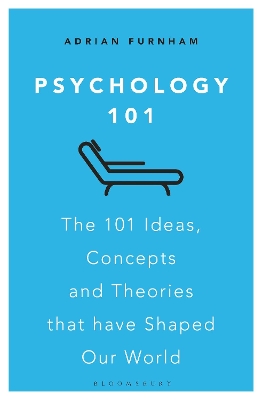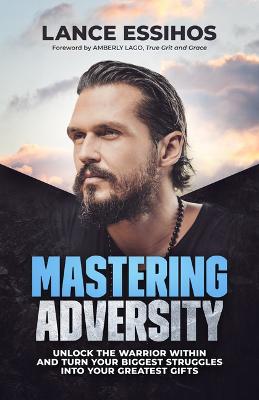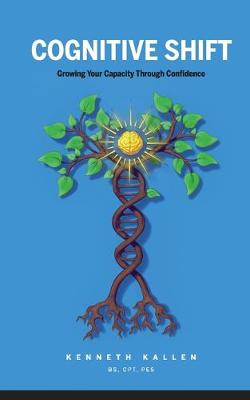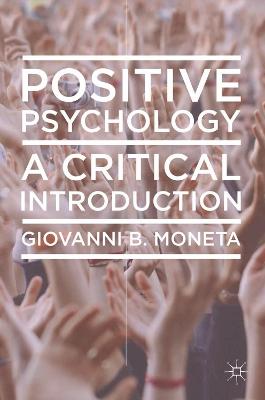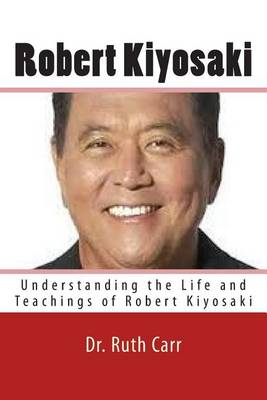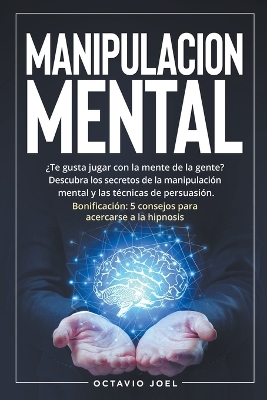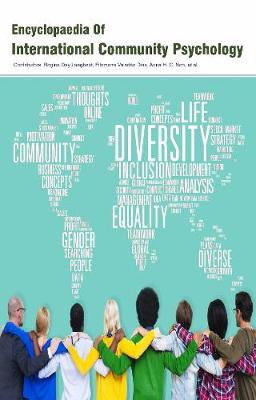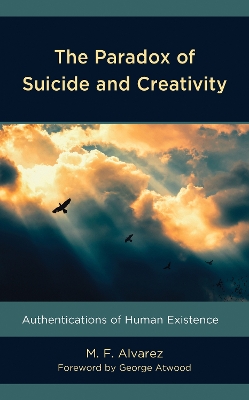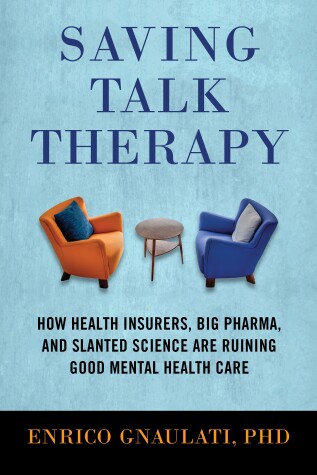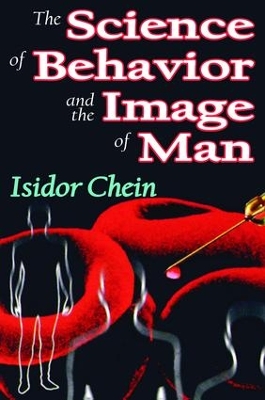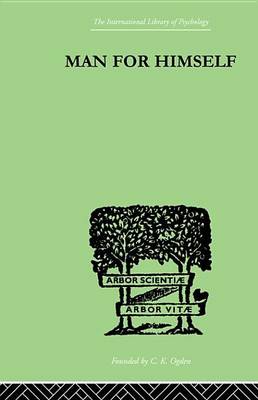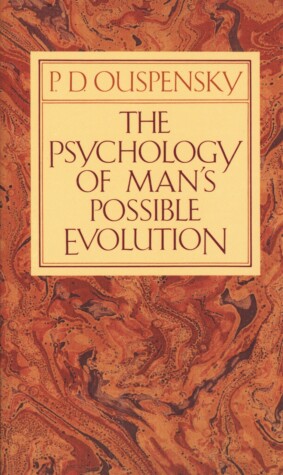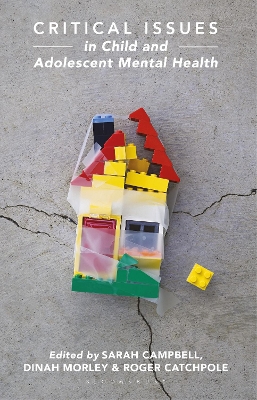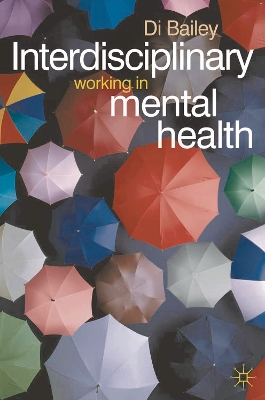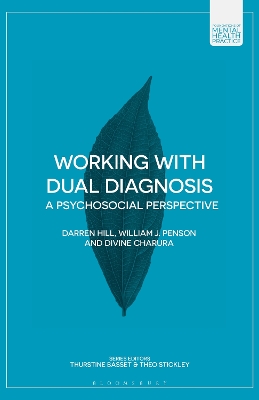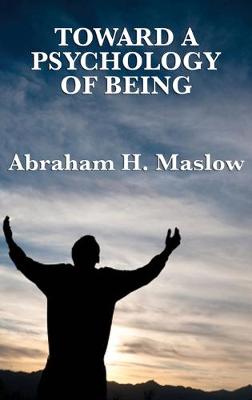A look at 101 of the key issues that underpin our understanding of modern psychology - from addiction and body language, through to self esteem and work ethics.Psychologists have always shone a torch, and often a spotlight, into many dark corners of the human mind. They study everything, from art preferences to altruism, coaching to criminality, jokes and humour to justice and honesty, as well as sex differences, schizophrenia and sociopathy.Psychology can offer clear descriptions and explanatio...
This book will help you go from living your life in the backseat as a victim, into the driver seat of empowerment. In Mastering Adversity you will develop a deeper awareness, understanding and acceptance of yourself and your stories so you can begin to create new stories, a new identity and different perspective on adversity in your life. As an experienced veteran of adversity, Lance has faced some of life's most difficult challenges. He battled an addiction to drugs and alcohol for over a deca...
Happiness is fundamental to how we live our lives, but the meaning of happiness remains as contentious as it did when it was first debated thousands of years ago. Taking a critical approach to the subject, Positive Psychology investigates the debates that have shaped the psychological discussion of happiness, from theories of well-being to examining how psychotherapy can help foster positive mental health. Offering contrasting perspectives on each topic and examining a range of classic and cont...
Encyclopaedia of International Community Psychology (3 Volumes)
If creativity is the highest expression of the life impulse, why do creative individuals who have made lasting contributions to the arts and sciences so often end their lives? M.F. Alvarez addresses this central paradox by exploring the inner lives and works of eleven creative visionaries who succumbed to suicide. Through a series of case studies, Alvarez shows that creativity and suicide are both attempts to authenticate and resolve personal catastrophes that have called into question the most...
A hard-hitting critique of how managed care and the selective use of science to privilege quick-fix therapies have undermined in-depth psychotherapy—to the detriment of patients and practitioners In recent decades there has been a decline in the quality and availability of psychotherapy in America that has gone largely unnoticed—even though rates of anxiety, depression, and suicide are on the rise. In Saving Talk Therapy, master therapist Dr. Enrico Gnaulati presents powerful case studies from...
The Science of Behavior and the Image of Man
by Carl Von Clausewitz and Isidor Chein
Does a proper respect for science require psychologists to view man as an impotent reactor whose responses are completely determined by his physical constitution and the forces impinging upon him? In this wise and well-argued book, Isidor Chein invites his readers to lift their eyes from experimental research for a time to consider the relationship between science and the image of man. Few psychologists, even the most gifted and dedicated among them, pause to consider the philosophical underpin...
Man for Himself: An Inquiry Into the Psychology of Ethics
by Erich Fromm
This edition of The Psychology of Man's Possible Evolution includes a lecture, not previously published, in which Ouspensky givers some details of the "School of the Fourth Way," with which he was connected, and an account of some of its fundamental principles, methods, and rules. The psychology Ouspensky sets forth in this introductory lectures has existed in one form or another for thousands of years and, unlike modern psychology, studies man from the point of view of what he may become. Once...
Critical Issues in Child and Adolescent Mental Health
by Sarah Campbell, Dinah Morley, and Roger Catchpole
Working with Dual Diagnosis (Foundations of Mental Health Practice)
by Darren Hill, William J. Penson, and Divine Charura
`A cornucopia of valuable historical, theoretical, and practical information for the humanistic psychologist' - Irvin Yalom, Emeritus Professor of Psychiatry, Stanford University `The editors represent both the founding generation and contemporary leadership and the contributors they have enlisted include most of the active voices in the humanistic movement. I know of no better source for either insiders or outsiders to grasp what humanistic psychology is about, and what either insiders or ou...
Toward a Psychology of Being (Insight Series on Psychology)
by Abraham H Maslow
"If we wish to help humans to become more fully human, we must realize not only that they try to realize themselves, but that they are also reluctant or afraid or unable to do so. Only by fully appreciating this dialectic between sickness and health can we help to tip the balance in favor of health." -Abraham Maslow Abraham Maslow's theories of self-actualization and the hierarchy of human needs are the cornerstone of modern humanistic psychology, and no book so well epitomizes those ideas as hi...
Carl Rogers (Key Figures in Counselling and Psychotherapy)
by Professor Brian Thorne and Pete Sanders
As founder of the person-centred approach, Carl Rogers (1902-1987) is arguably the most influential psychologist and psychotherapist of the 20th century. This book provides unique insights into his life and a clear explanation of his major theoretical ideas. This Third Edition is co-authored by Brian Thorne and Pete Sanders, leading person-centred practitioners and bestselling authors. Pete Sanders contributes a new chapter on "The Ongoing Influence of Carl Rogers", covering topics such as r...
